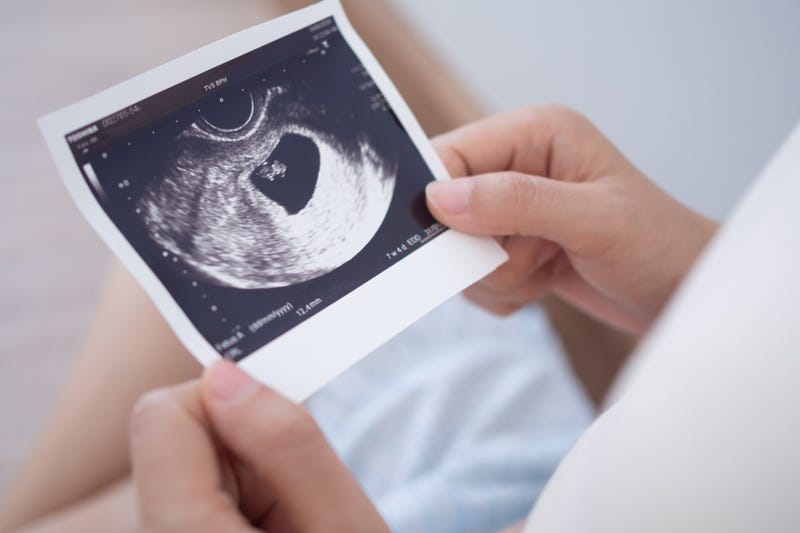
A recent study has found that tens of thousands of pregnancies resulted from rape in states where abortion is no longer a legal option after the overturning of Roe v. Wade.
The study was completed by researchers from Planned Parenthood, Resound Research for Reproductive Health, and other academic institutions. The study was published on Wednesday in JAMA Internal Medicine.
Researchers looked at federal surveys on crime and sexual violence before estimating that there were about 520,000 rapes that led to 64,565 pregnancies in the time since abortion bans were enacted in 14 states, ranging from four to 18 months ago.
This isn’t the first study to look at states that have enacted abortion bans, as another found that there have been fewer than 10 abortions each month in states with bans.
This leads researchers to believe that most victims weren’t able to get abortions in the state they live, even when the state’s laws have exceptions for rape.
“Restricting abortion access to survivors of rape can have particularly devastating consequences,” a note from the medical journal’s editors said about the research. “Whether these survivors of rape had illegal abortions, received medication abortion through the mail, traveled to other states, or carried the child to birth is unknown.”
Still, the legal battles surrounding abortion have been waging since the Supreme Court overturned the almost 50-year decision in the case of Roe v. Wade in June 2021. Since then, states have worked to restrict access to abortion, as the court decided the issue was that of state’s rights.
When looking at how Americans feel about the issue, a Pew Research survey from 2022 found that nearly 1 in 5 adults in the country thought abortion should be legal in every situation. However, almost 70% said it should be legal if pregnancy is the result of rape.
However, putting those expectations into reality can be difficult for many, especially those who live with their assaulter, according to Dr. Samuel Dickman, medical director of Planned Parenthood of Montana and lead author of the new research.
“It may be especially impossible for them to travel out of state to get abortion care. It may be especially dangerous for them to try to order pills online the way that some people are doing,” Dickman said. “It’s an added burden in so many ways.”
Dickman acknowledged that the study may include statistical assumptions, as it is difficult to measure how often sexual assault occurs.
“If these numbers feel huge, that’s because they are,” he said, adding the estimates are “illustrating something that we see every day when working in reproductive health and abortion care, but that may be under-appreciated by the broader public – and deliberately so by the kinds of people who implement bans on abortion care.”
